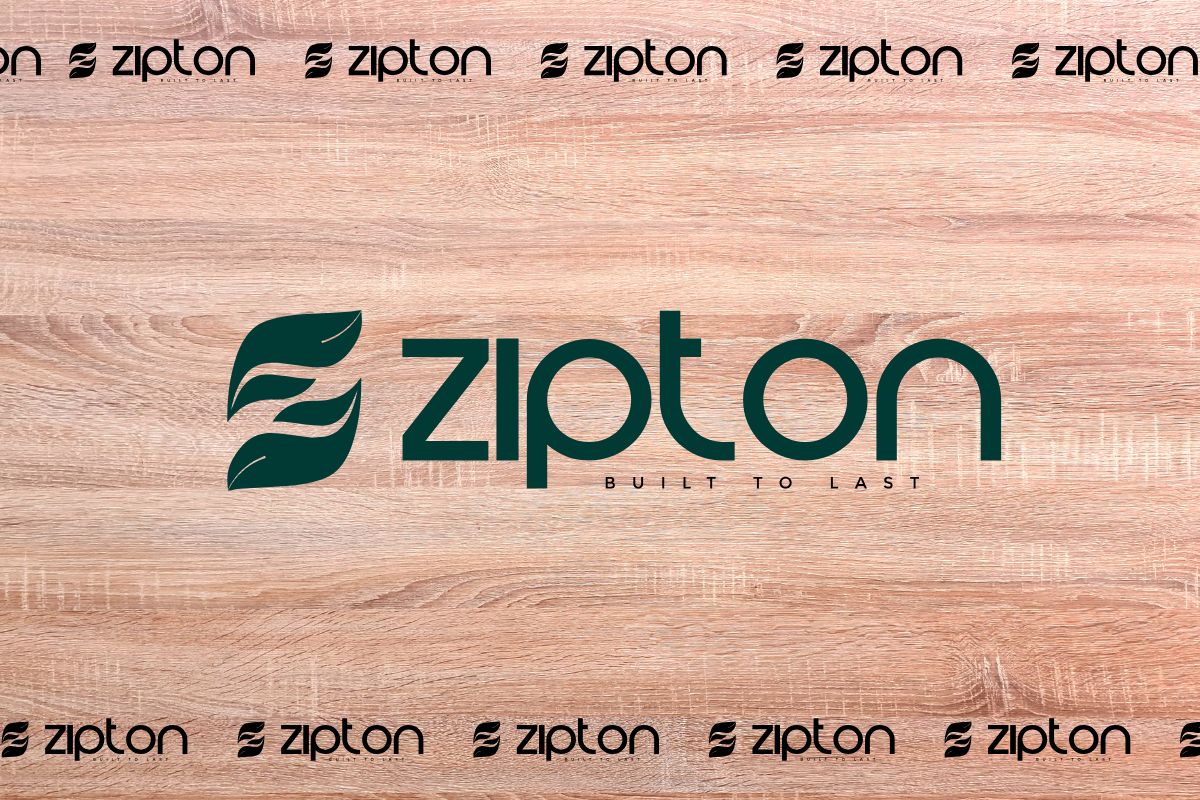BWP plywood, also known as Boiling Water Proof plywood, is a type of engineered wood that has been treated to withstand the effects of boiling water and high humidity. This makes it an ideal choice for applications where moisture resistance is crucial. In this article, we will delve into the world of BWP plywood, exploring its benefits, applications, characteristics, and manufacturing process.
Benefits of BWP Plywood
BWP plywood offers several benefits that make it a popular choice for various applications:
- Moisture Resistance: BWP plywood is designed to withstand the effects of boiling water and high humidity, making it ideal for applications where moisture is present.
- Durability: BWP plywood is more durable than regular plywood, with a longer lifespan and resistance to warping and cracking.
- Low Maintenance: BWP plywood requires minimal maintenance, as it is resistant to moisture and humidity.
- Cost-Effective: BWP plywood is a cost-effective alternative to solid wood, offering a similar look and feel at a lower price point.
- Eco-Friendly: BWP plywood is made from sustainable wood sources, making it an eco-friendly choice.
Applications of BWP Plywood
BWP plywood is suitable for various applications, including:
- Kitchen Cabinets: BWP plywood is ideal for kitchen cabinets, as it can withstand the moisture and humidity present in kitchens.
- Bathroom Vanities: BWP plywood is also suitable for bathroom vanities, as it can resist the moisture and humidity present in bathrooms.
- Exterior Applications: BWP plywood can be used for exterior applications, such as outdoor furniture and decking, due to its moisture-resistant properties.
- Marine Applications: BWP plywood is also used in marine applications, such as boat building and dock construction.
- Furniture Making: BWP plywood is a popular choice for furniture making, as it offers a durable and cost-effective alternative to solid wood.
Characteristics of BWP Plywood
BWP plywood is characterized by:
- Thickness: BWP plywood is available in various thicknesses, ranging from 4mm to 25mm.
- Grain Pattern: BWP plywood is available in various grain patterns, including plain, figured, and textured.
- Moisture Resistance: BWP plywood is designed to withstand the effects of boiling water and high humidity.
- Durability: BWP plywood is more durable than regular plywood, with a longer lifespan and resistance to warping and cracking.
- Density: BWP plywood has a higher density than regular plywood, making it more resistant to moisture and humidity.
Manufacturing Process of BWP Plywood
The manufacturing process of BWP plywood involves:
- Log Selection: Logs are selected based on their quality and moisture content.
- Peeling: The logs are peeled into thin veneers.
- Drying: The veneers are dried to a moisture content of 10-15%.
- Adhesive Application: A special adhesive is applied to the veneers.
- Pressing: The veneers are pressed together to form a panel.
- Treatment: The panel is treated with a boiling water proof treatment.
- Finishing: The panel is finished with a variety of treatments, including sanding, staining, and coating.
Conclusion
In conclusion, BWP plywood is a versatile and durable material that offers a range of benefits, including moisture resistance, durability, and low maintenance. Its applications are diverse, ranging from kitchen cabinets to marine applications. By understanding the characteristics, benefits, and manufacturing process of BWP plywood, you can make an informed decision about whether it is the right material for your next project.


